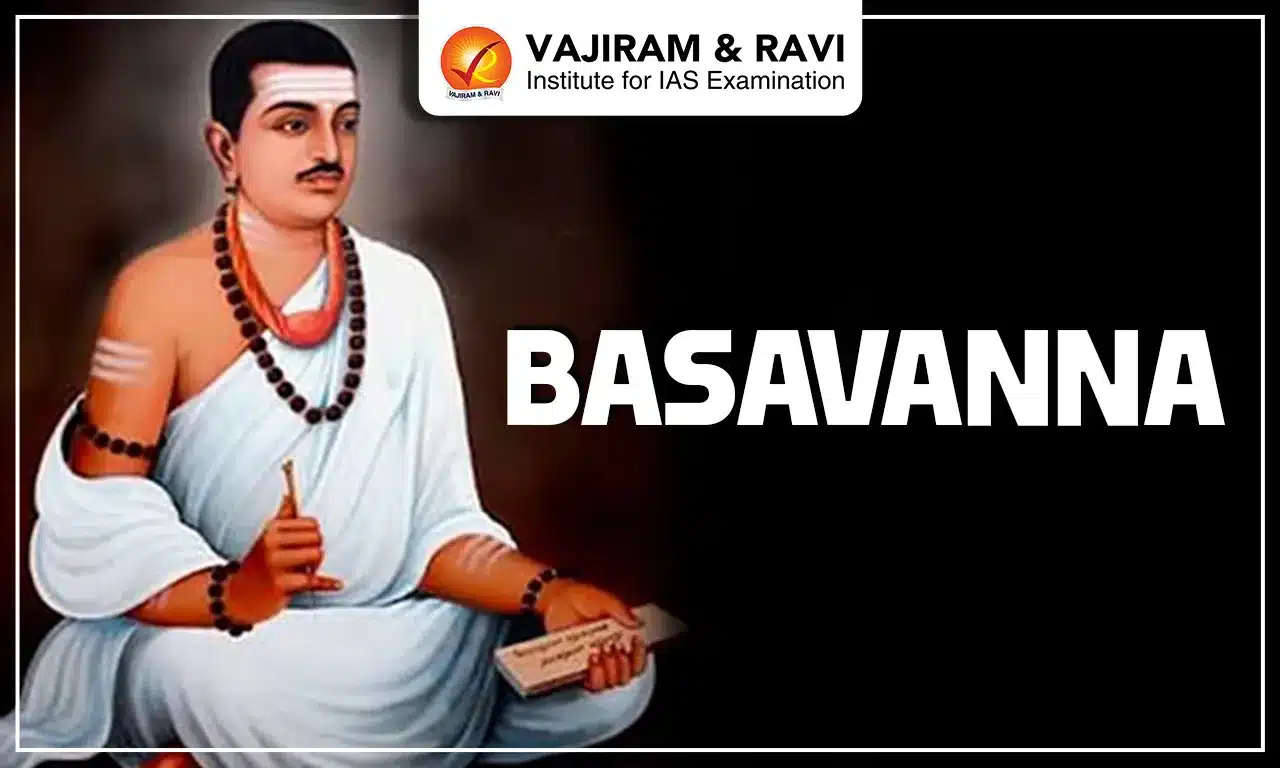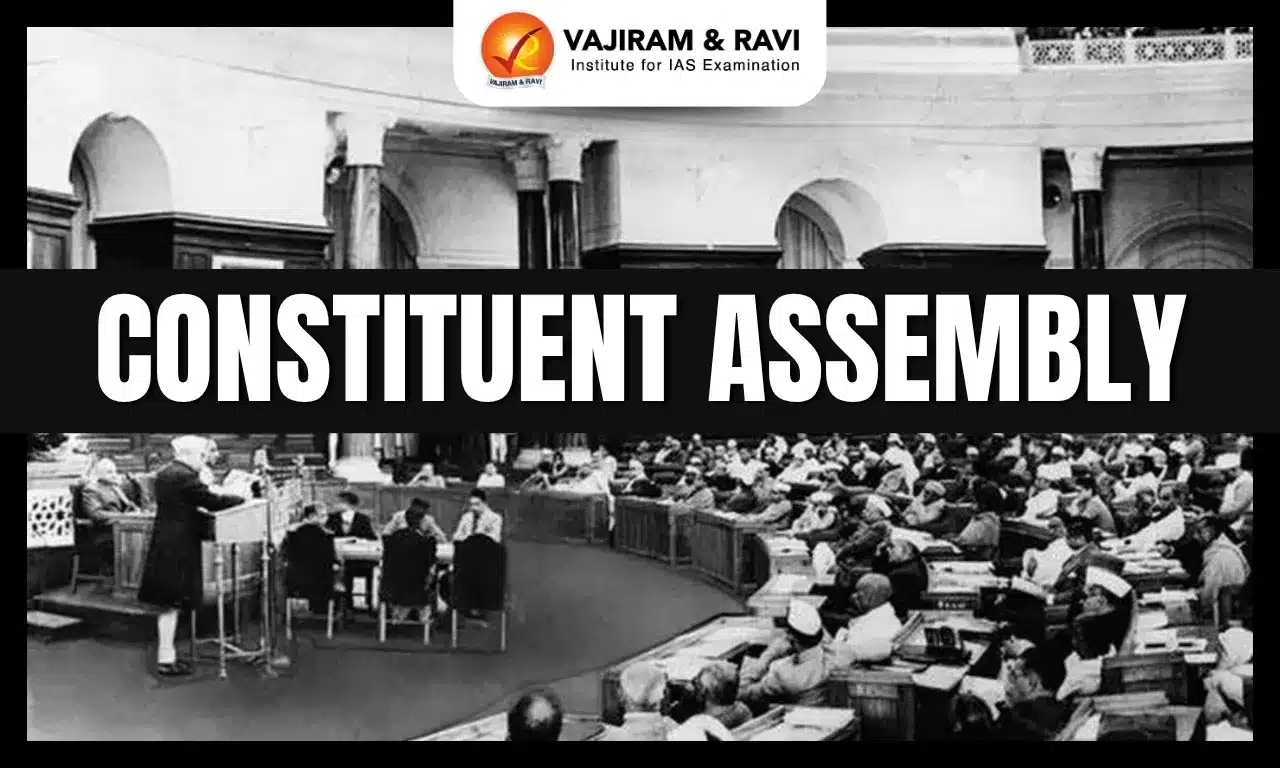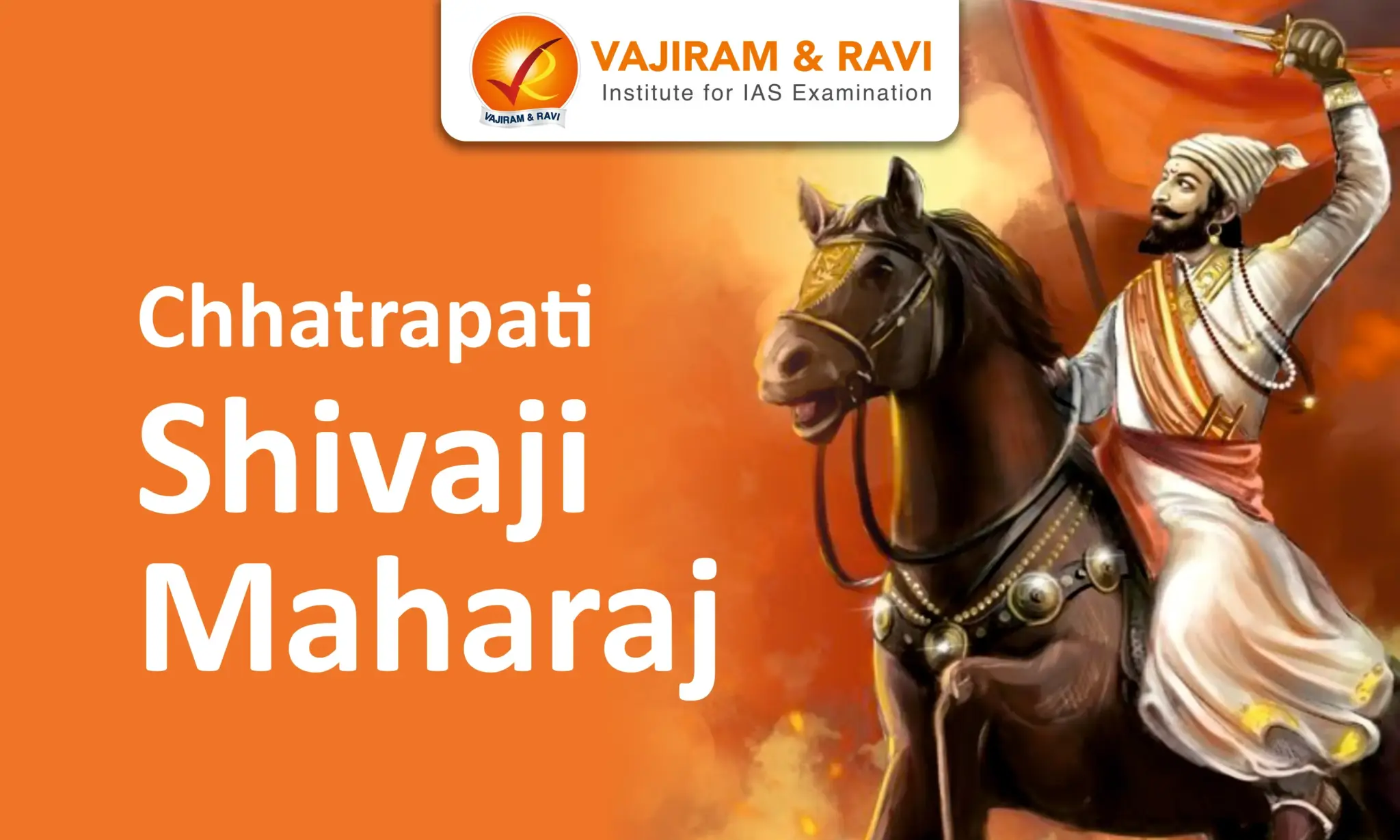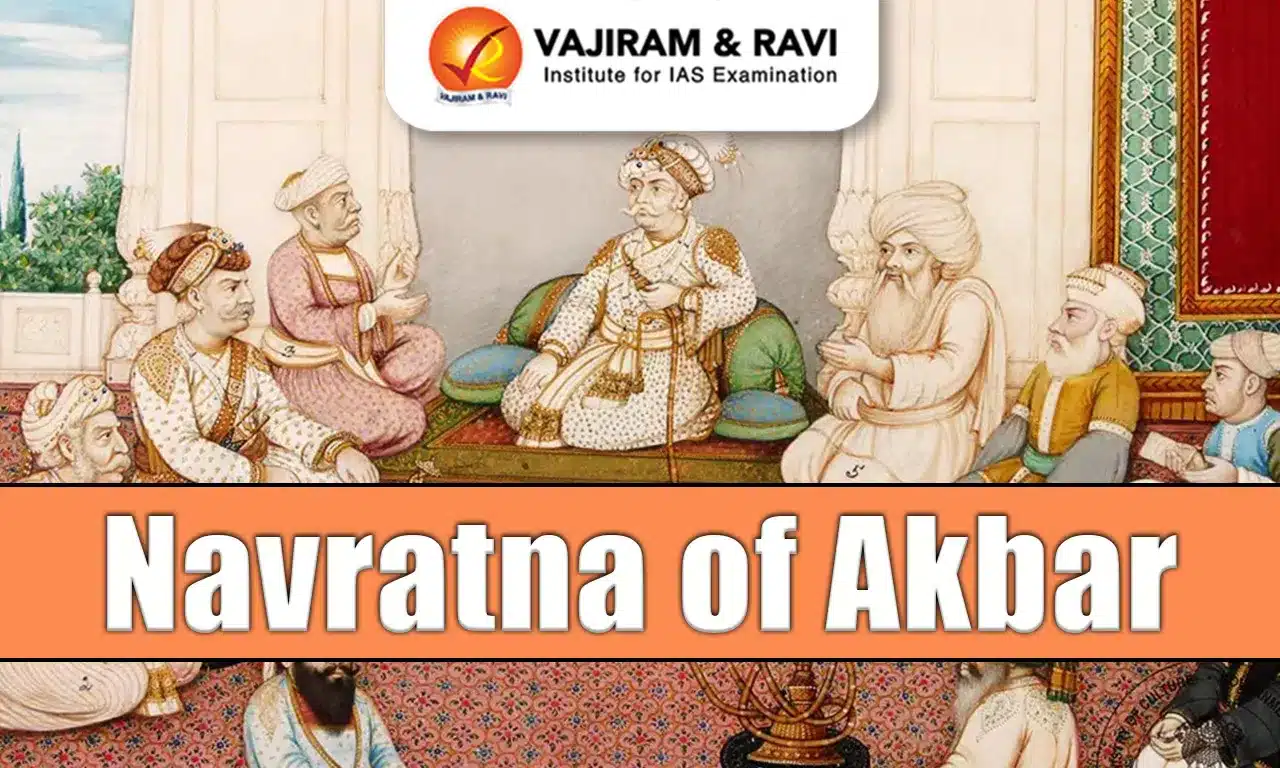Basavanna (1131–1167), also known as Basaveshwara, was a revered philosopher, poet, and social reformer in the Shiva-centered bhakti movement. His influence was prominent during the reign of the Kalyani Chalukya and Kalachuri dynasties, particularly under King Bijjala in Karnataka. Basavanna spread messages of equality, rejecting caste discrimination, superstitions, and rituals through his poignant poetry, the Vachanas.
In addition to his literary contributions, Basavanna introduced the Ishtalinga, a necklace featuring a lingam, as a symbol of devotion to Shiva. He offered it to all individuals, regardless of their social status, emphasizing the importance of inner devotion.
About Basavanna
Basavanna, born in 1131 CE in Basavana Bagewadi, Karnataka, was a 12th-century social reformer, activist, and saint. Born in a devout Kannada Brahmin family, he led a transformative anti-caste movement that rejected orthodox Hindu rituals and emphasized a personal, emotional connection with Lord Shiva.
- Revitalizing Shaivism: As the chief minister to Bijjala, a Kalachuri king who ruled from Kalyana after succeeding the Chalukyas, Basavanna utilized the state treasury to promote social reforms and revitalize Shaivism. He also empowered ascetics known as Jangamas, expanding the movement's influence.
- Spreading Revolutionary Ideas: Through his poetry in the local language, Basavanna conveyed revolutionary ideas, with verses like "Kayakave Kailasa" (work is worship) inspiring many and gaining widespread popularity.
Basavanna Philosophy
Central to Basavanna’s philosophy was the idea of treating one’s body and soul as a temple, emphasizing inner spirituality over external rituals. He highlighted personal spiritual growth as the path to enlightenment and insisted on using Kannada in spiritual discourse, ensuring accessibility for all and eliminating dependence on elite interpretations.
- Use of Symbols for Devotion: Although he rejected rituals and dualism, Basavanna encouraged the use of symbols like the Istalinga, Rudraksha beads, and Vibhuti as constant reminders of devotion and faith.
- Lingayat Theology: Basavanna's Lingayat theology is a form of qualified nondualism, where the individual soul (Atma) is viewed as the body of God, with no distinction between Shiva and Atma. Shiva is one's Atma, and one's Atma is Shiva.
- Promotion of Mantra and Emphasis on the Trinity: He promoted the six-syllable mantra, "Shivaya Namah," and emphasized the trinity of guru, linga, and jangama as the pillars of his spiritual vision.
- Socio-Economic Principles: Basavanna proposed two key socio-economic principles:
- Kayaka (Divine work): It emphasizes that every individual should choose a vocation that aligns with their abilities and perform it with utmost sincerity and dedication.
- Dasoha (Equal distribution): Dasoha refers to "service," particularly service to fellow Lingayats, including the Jangama. It encourages individuals, regardless of their vocation, to dedicate a portion of their time, effort, and income to their community and religious mendicants.
Basavanna Anubhava Mantapa
Anubhava Mantapa, also known as the Mahaamane, founded by Basavanna in the 12th century C.E., was a spiritual and intellectual democratic platform in Tipranth, Basavakalyan, Karnataka. It is recognized as the world's first religious parliament, where, mystics, saints, and philosophers of the Lingayat faith gathered to discuss and share ideas.
- Foundation of Veerashaiva Philosophy: Presided over by Allama Prabhu, it became the foundation of Veerashaiva philosophy, with notable figures like Akka Mahadevi, Channabasavanna, and Basavanna contributing to its teachings.
- Origin of Vachana literature: Anubhava Mantapa was also a cradle for Vachana literature, which became instrumental in spreading the religious and philosophical thoughts of Veerashaivism.
Basavanna Contributions
Basavanna envisioned a society rooted in freedom, equality, rationality, and brotherhood, laying the foundation for a more inclusive and harmonious social order. His contributions include promoting socio-reforms that challenged traditional hierarchies and fostering inclusivity, along with literary works that shaped and spread Veerashaiva philosophy.
Basavanna Social Reforms
Basavanna introduced several social reforms that continue to resonate today, offering guidance on how one should live an ideal life based on his teachings.
- Opposition to Discrimination and Emphasis on Equality: He firmly opposed gender and social discrimination, along with the prevalent superstitions and rituals of his time. He emphasized the equality of all individuals, regardless of caste, and acknowledged the value of all forms of manual labour.
- Advocacy for Ahimsa (Non-Violence): Basavanna strongly advocated for ahimsa (non-violence), rejecting any form of sacrifice, whether human or animal.
Basavanna Literary Works
Basavanna is credited with several literary works that are highly regarded within the Veerashaiva Lingayat community. These include various Vachanas, such as the Shat-sthala-vachana (teachings on the six stages of salvation), Kala-jnana-vachana (predictions), Mantra-gopya, Ghatachakra-vachana, and Raja-yoga-vachana, all of which contribute to his philosophical and spiritual legacy.
- Vachana Sahitya: Vachana Sahitya, a form of rhythmic writing in Kannada that emerged in the 11th century and flourished in the 12th century, was part of the Sharana movement.
- Features: Composed in simple and direct prose, these texts, created by saints like Basavanna, Akka Mahadevi, and Allama Prabhu, addressed social issues, and personal devotion, and criticized rituals and caste discrimination while promoting Shiva worship as a universal practice.
Basavanna and Sharana Movement
The Sharana movement, led by Basavanna, attracted followers from all castes and produced Vachanas that expressed the spiritual world of the Veerashaiva saints. Basavanna’s radical egalitarian principles led to the establishment of the Anubhava Mantapa, where Sharanas from diverse communities gathered to learn and engage in discussions.
- Dispersal of the Sharana Movement: The Sharanas challenged the caste system by organizing a wedding between a lower-caste bridegroom and a Brahmin bride, defying traditional social norms.
- Tensions between conservatives and radicals escalated, leading to a clash that forced Basavanna to leave the palace and city. As a result, the Sharana movement dispersed in the wake of violence instigated by the established authorities.
Basavanna Legacy
Basavanna's life and teachings represent a transformative period in India's cultural and religious history, marked by an unwavering commitment to social justice, equality, and a direct connection with the divine. These ideals are vividly detailed in the 13th-century Telugu text Basava Purana by Palkuriki Somanatha, which chronicles his life and philosophy. To honor his legacy, significant tributes have been made over the years.
- In 2003, a statue of Basavanna was unveiled in the Indian Parliament recognizing his immense contributions to social reform.
- Additionally, monumental statues such as the 108-feet statue in Basavakalyan and the 111-feet Vishwa Guru Basaveshwara statue in Gadag stand as enduring symbols of his vision and ideals.
- The 'Bharat Mandapam,' inaugurated in 2023, draws inspiration from Bhagwan Basaveshwara's 'Anubhava Mantapa.
| Other Related Posts | |
| Adi Shankaracharya | Bhakti Movements in North India |
| Ramanujacharya | Bhakti Movements in South India |
| Vallabhacharya | Guru Nanak |
| Lingayats and Veerashaivas | Basavanna |
Last updated on March, 2026
→ UPSC Notification 2026 is now out on the official website at upsconline.nic.in.
→ UPSC IFoS Notification 2026 is now out on the official website at upsconline.nic.in.
→ UPSC Calendar 2026 has been released.
→ UPSC Final Result 2025 is expected to be released soon.
→ Check out the latest UPSC Syllabus 2026 here.
→ Join Vajiram & Ravi’s Interview Guidance Programme for expert help to crack your final UPSC stage.
→ UPSC Mains Result 2025 is now out.
→ UPSC Prelims 2026 will be conducted on 24th May, 2026 & UPSC Mains 2026 will be conducted on 21st August 2026.
→ The UPSC Selection Process is of 3 stages-Prelims, Mains and Interview.
→ Prepare effectively with Vajiram & Ravi’s UPSC Prelims Test Series 2026 featuring full-length mock tests, detailed solutions, and performance analysis.
→ Enroll in Vajiram & Ravi’s UPSC Mains Test Series 2026 for structured answer writing practice, expert evaluation, and exam-oriented feedback.
→ Join Vajiram & Ravi’s Best UPSC Mentorship Program for personalized guidance, strategy planning, and one-to-one support from experienced mentors.
→ Check UPSC Marksheet 2024 Here.
→ UPSC Toppers List 2024 is released now. Shakti Dubey is UPSC AIR 1 2024 Topper.
→ Also check Best UPSC Coaching in India
Basavanna FAQs
Q1. Who was Basavanna?+
Q2. What is Basavanna known for?+
Q3. What type of literature did Basavanna contribute to?+
Q4. How did Basavanna promote equality in society?+
Q5. What language did Basavanna use for his teachings and writings?+














